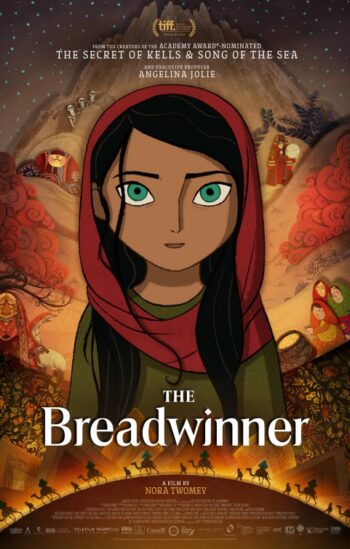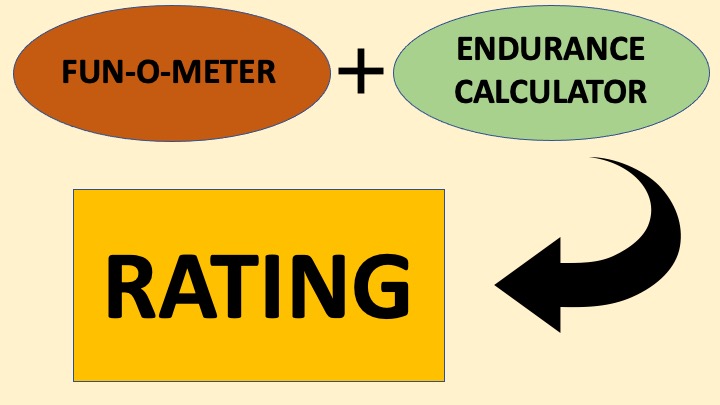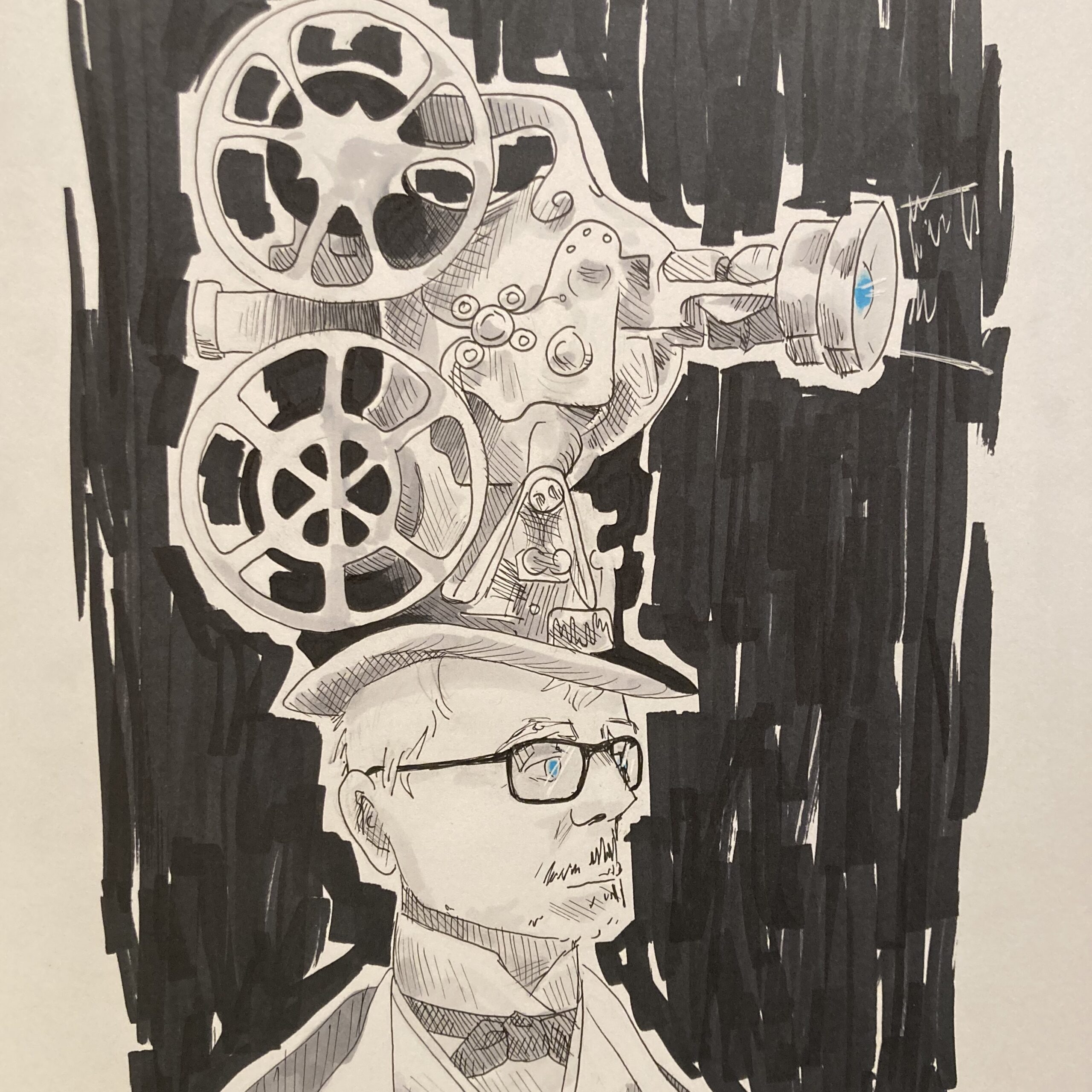“We are a land whose people are its greatest treasure.“
Nora Twomey’s 2017 animated feature The Breadwinner, based on Deborah Ellis’s 2000 novel, is the story of 12-year old Parvana, an Afghani girl living with her family in Taliban-controlled Kabul. When her father is arrested and imprisoned, Parvana’s family must figure out a way to survive. Parvana’s solution: cut her hair, enter the market as a boy, and earn enough money to support her family while saving up a bribe to free her father.
Partisans of high-end animation in the mold of Pixar will be sorely disappointed. The Breadwinner is a simpler, less noisy visual experience. The story hangs on whether Parvana’s journey through gender-bending seems believable, and whether a viewer can tolerate the fantasy and flashback sequences that employ distinct forms of animation within the movie—a kind of clinic on the history of movie animation—both to deepen the characterization of Parvana, and to dramatize the problem of being a girl in the heart of patriarchal domination.
There’s a moment in the movie when Parvana’s mother has been badly beaten for walking into town without a male escort. She slumps under a sheet in the family apartment, leaving her children confused and frightened. We spend some time in this condition, looking at animated people dealing with social violence as domestic terrorism. That’s when I worried over the words of the men of the Taliban who told all the girls and women to stay home.
You see, Parvana’s home is small. Maybe it’s a 20 by 20 feet square with a kitchenette-nook on one side and a curtained area that doubles as toilet and dressing room. To live in such circumstances would be hard, though hardly exceptional on the world stage. But to be forced to stay in that room, through every waking and sleeping hour, without recourse to outdoor play or public work, boggles my mind.
I regularly leave home, unsupervised. Most of my waking time is spent as I wish to spend it, and very little of what I do is restricted by social pressure, aside from wearing clothes among other people.
Parvana’s world, though, is the size of a postage stamp. Her society wishes her to be silent, ignorant, and invisible, but that set of requirements is exactly what Parvana rejects to save her family and transform this technically adequate animated feature into a memorable portrait of courage.
–August 30, 2018




